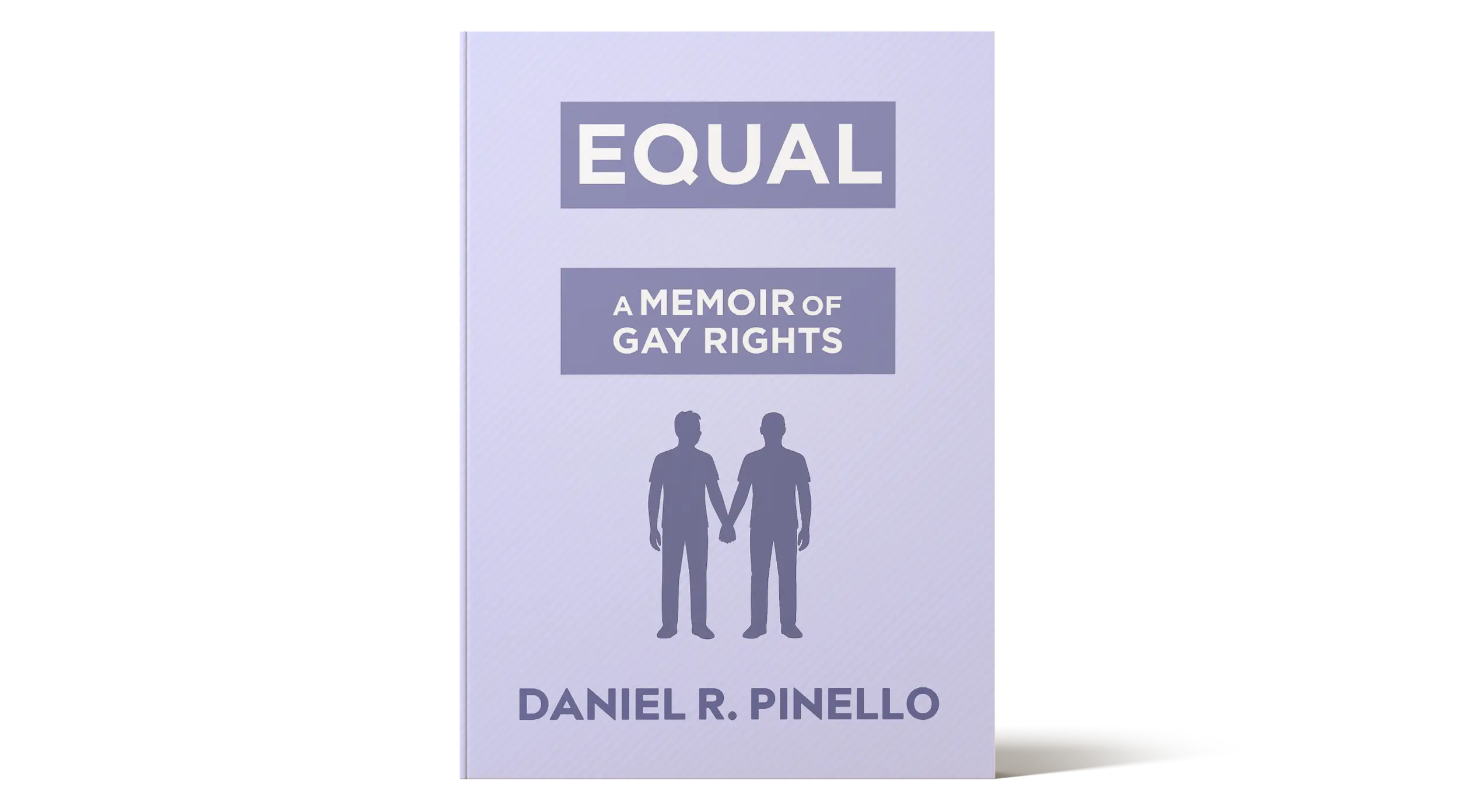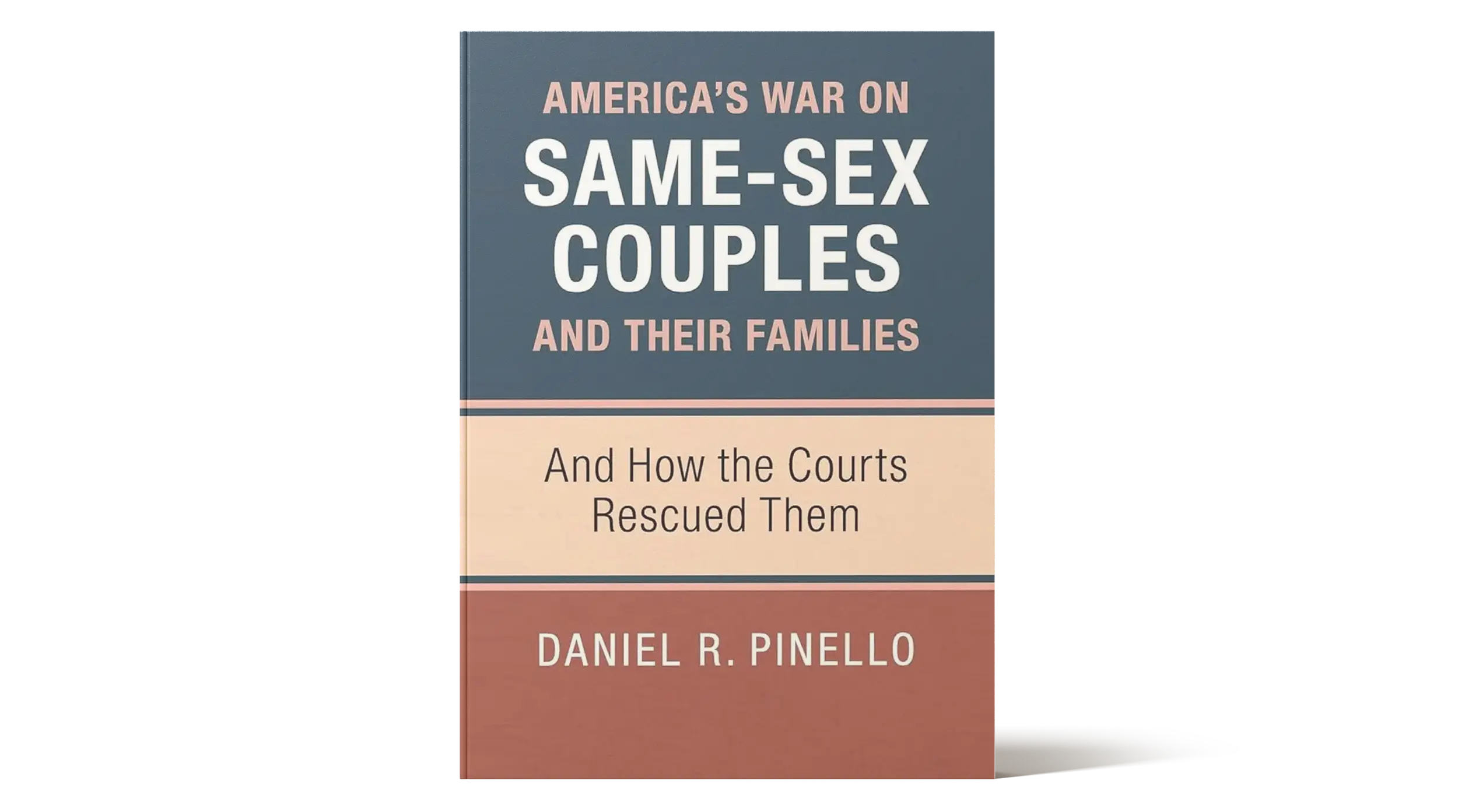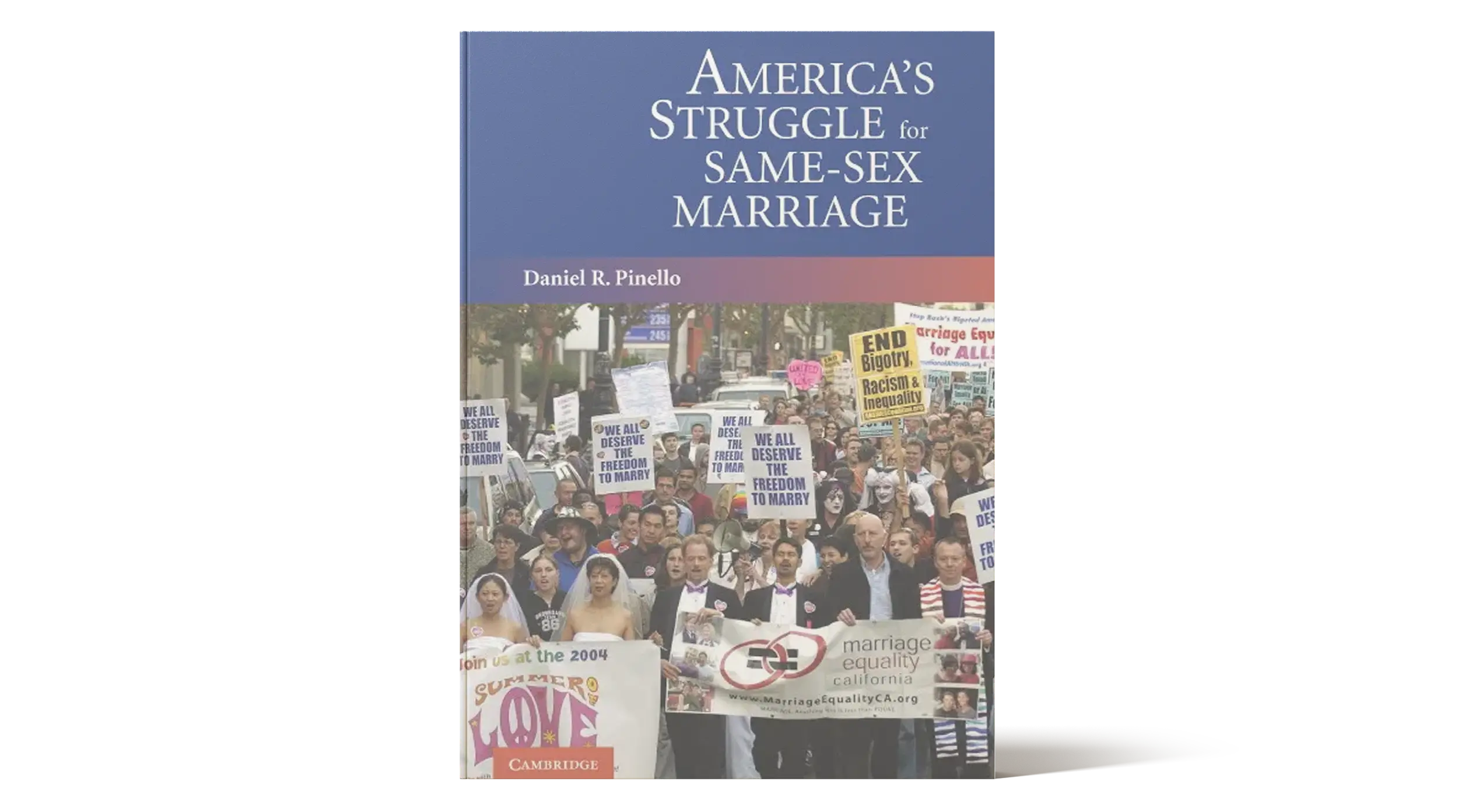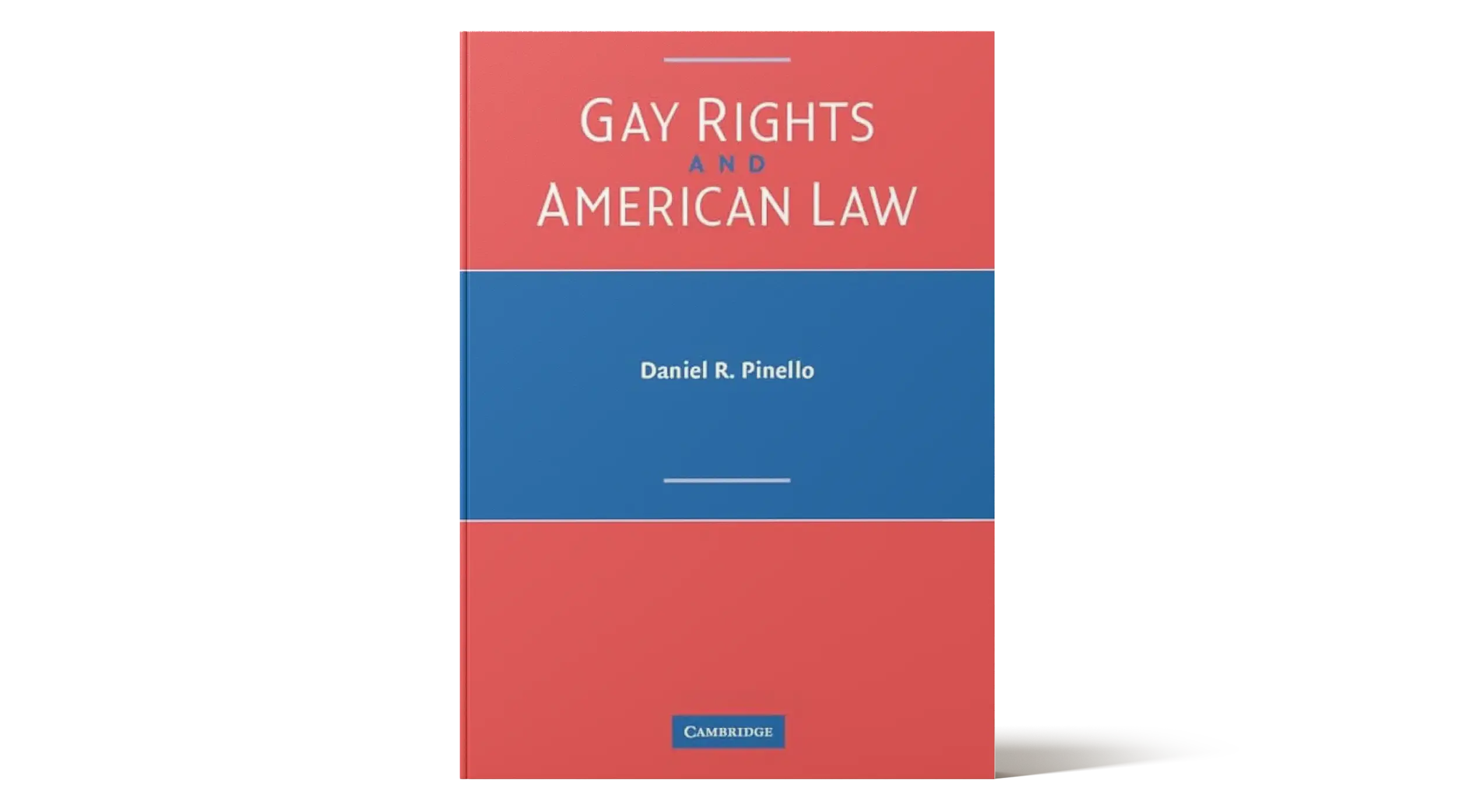Allen v. State
Oklahoma Court of Criminal Appeals
871 P.2d 79
February 15, 1994
LUMPKIN, Presiding Judge:
Appellant Wanda Jean Allen was tried by jury and convicted of Murder in the First Degree and Possession of a Firearm After Former Conviction of a Felony in the District Court of Oklahoma County. The jury found the existence of two aggravating circumstances and recommended death as punishment for murder and ten (10) years for felonious possession of a firearm. The trial court sentenced accordingly. From this judgment and sentence Appellant has perfected this appeal. We affirm the judgment and sentence for murder, but reverse and remand for a new trial on the firearm charge.
The charges against Appellant stemmed from the shooting of Gloria Leathers on December 1, 1988, in front of the police department in the Village, Oklahoma. Ms. Leathers and Appellant had been involved in a homosexual relationship, and Ms. Leathers did not wish to continue the relationship. After a dispute over a welfare check between Ms. Leathers and Appellant, Ms. Leathers decided to move out. Accompanied by police, she went to the residence the two shared and gathered some of her belongings. A dispute arose, apparently concerning the ownership of some of the belongings, and Ms. Leathers went to the police station at the suggestion of one of the officers at the house. Appellant followed in a separate car, and outside the station attempted to get Ms. Leathers to reconsider moving out. The shooting occurred during this discussion. Appellant fled and was not captured until December 5, the same day Ms. Leathers died from a single gunshot wound Appellant had fired into her abdomen.
III. ISSUES RELATING TO TRIAL
F.
In her fourteenth proposition of error, Appellant complains the trial court erred in allowing in evidence Appellant was the “man” in her homosexual relationship with the decedent. The evidence came in the form of lay opinion testimony from the decedent’s mother, based on her observations of the two. It was used to show Appellant was the aggressive person in the relationship, while the decedent was more passive.
We do not believe the court erred in allowing in the evidence. As we stated in Green v. State, 713 P.2d 1032 (Okl.Cr.1985), the evidence code has “substantially liberalized the admission requirements” for introduction of lay witness opinion. Now, such opinions “should be rejected only when they are not rationally based on the perception of the witness, or the opinion is superfluous in the sense it would be of no value to the trier of fact” (emphasis in original). If such evidence can be helpful to the jury, it is within the discretion of the trial judge to admit it.
Here, the witness was able to make observations of conduct by her daughter and Appellant, even though she may not have spent a great amount of time around the household. The evidence would help the jury understand why each party acted the way she did both during events leading up to the shooting and the shooting itself. The very reason for the shooting was the decedent’s leaving Appellant and intention to terminate the relationship. Under these circumstances, its probative value was not substantially outweighed by its prejudicial effect, and the evidence was properly admitted.
Appellant complains the prosecutor improperly criticized her during closing argument, making references to her status as the dominant person in a homosexual relationship. We find no error. The relationship was critical to the jury’s understanding of the facts surrounding the shooting and was a proper factor for the jury to consider. See 21 O.S.1981, Section 695 (jury can take into consideration the existence of a domestic relationship in determining the grade or punishment of a homicide).
Finding no error warranting reversal or modification, the judgment and sentence for Murder in the First Degree is AFFIRMED.
LANE, Judge, dissenting.
I must respectfully dissent to that part of the majority opinion which addresses the many facets of self-defense raised in this case.
That appellant shot and killed Gloria Leathers was not contested at trial. Of utmost importance to the appellant was her theory of self-defense. So important was this defense, she assumed the risk of cross-examination and exposure of her violent history to take the stand and present evidence necessary to raise it. The trial judge was satisfied she presented sufficient evidence to raise the defense and so instructed the jury. The record supports this discretionary determination. What the trial court did not do, and which requires reversal in this case, is instruct the jury that once the defense of self-defense is raised the State bears the burden to disprove it beyond a reasonable doubt. See West v. State, 798 P.2d 1083 (Okl.Cr.1990).
Imposing itself as the trier of fact the majority substitutes proper appellate review with a “we don’t believe her” standard. Arguing its own factual spin the majority goes so far as announcing the trial court erred by finding the defendant put on enough evidence to take her theory of self defense to the jury. The simple truth is the record supports the trial court’s decision that the defendant raised the theory of self defense. Thus, the trial court did not abuse its discretion by so instructing the jury. Whether the appellate court believes, or indeed whether the jury ultimately would have believed the defense is of no analytical consequence. What does matter is whether the proper trial consequences flowed from the undeniable fact the appellant successfully raised the issue of self-defense. Unfortunately they did not.
The majority summarily dismisses a number of alleged errors stating self-defense was not raised in this case. Since the defense plainly was raised, I must dissent from the majority’s treatment of these issues as well.
I also take exception to the majority finding the evidence the appellant was the “man” in her lesbian relationship has any probative value at all. Were this a case involving a heterosexual couple, the fact that a male defendant was the “man” in the relationship likewise would tell me nothing. I find no proper purpose for this evidence, and believe its only purpose was to present the defendant as less sympathetic to the jury than the victim.



